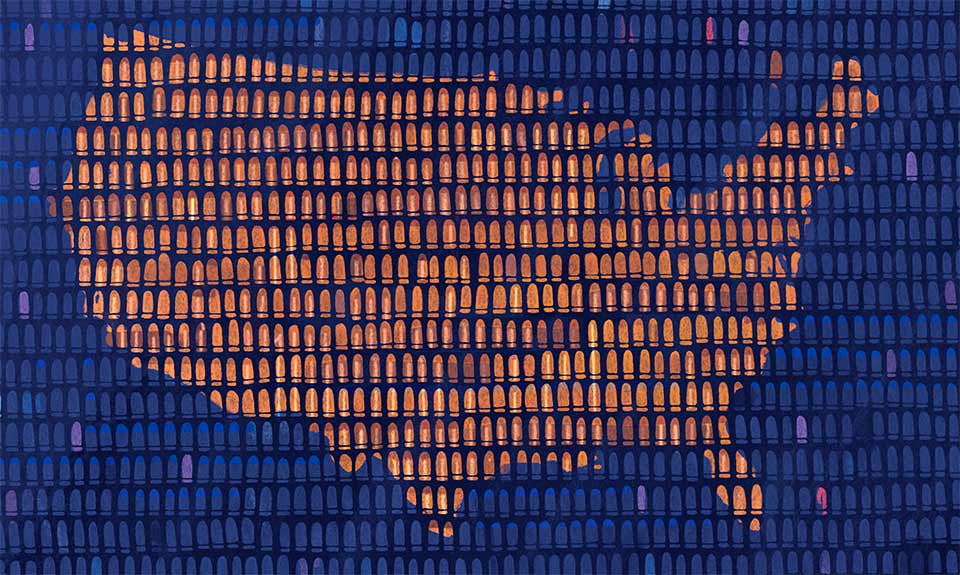By Courteney Stuart
When Brenda Mitchell’s 31-year-old son Kenneth was gunned down outside an Illinois bar in 2005, she took on the role of raising his three young children amid her own devastation.
“I truly learned firsthand the impact on families as well as communities of gun violence victims. It does not stop with the date of impact,” says Mitchell, who suffered a series of physical ailments induced by grief in the years after her loss.
“I think in my community at that time, we did not really have a full grasp of mental health treatment or trauma-informed treatment,” she says. “And so I did my best at that point to try to figure out how to heal. ‘Cause there was nothing there that said, ‘This is what you do, and this is how you do it, and you can get through it.’”
Mitchell, an ordained minister, co-leader for Moms Demand Action in Illinois, and senior fellow with the Everytown Survivor Network, credits a social worker with helping her process the complicated grief and trauma that surged 12 years after Kenneth’s death, as his sons reached milestones like high school graduation without their father present.
“She was the one that said healing is possible, but you have to do the work,” Mitchell said. “And she has been phenomenal in this process of grief and leading people and navigating them back to some level of normalcy.”
Mitchell is among the millions of Americans who have been directly impacted by gun violence, and that number is climbing rapidly.
“Every day in this country, roughly 110 people are killed with a gun and about double as many are injured. So that is a crisis. It’s hard to put it any other way,” says Sarah Burd-Sharps, senior director of research at Everytown for Gun Safety Support Fund.




